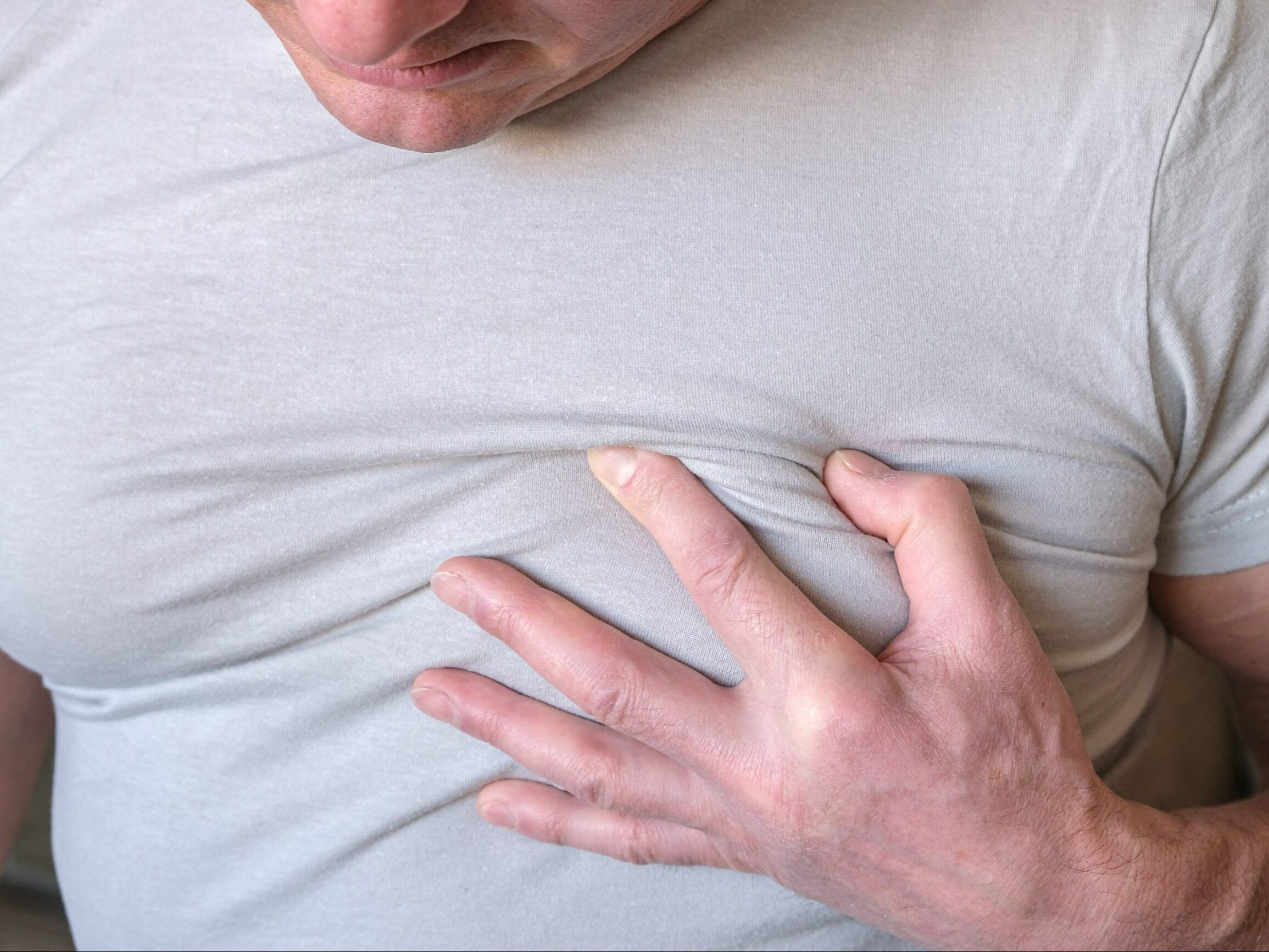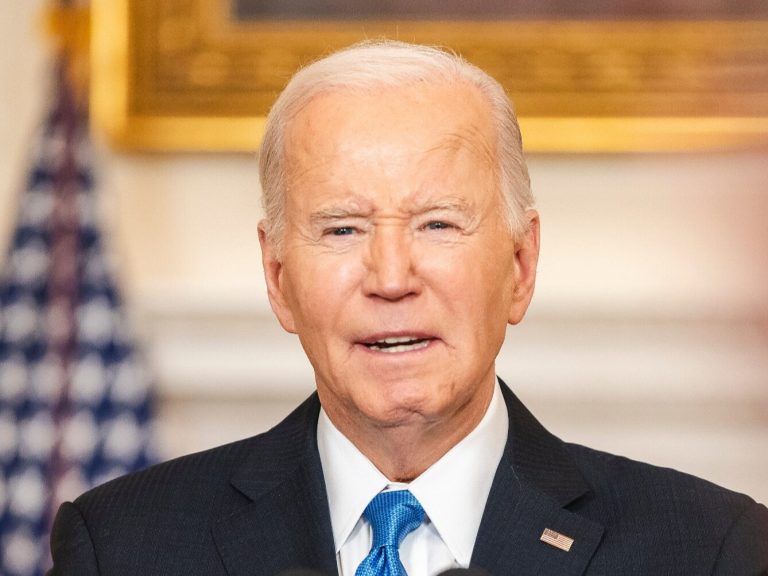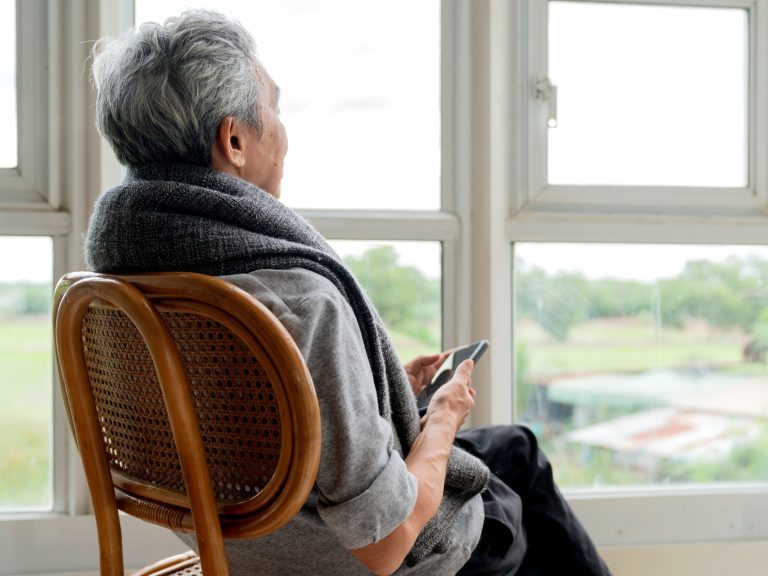Burning in the chest – causes, when to see a doctor immediately

Pain and a burning sensation in the chest are symptoms that cause concern. Burning pain in the chest may indicate both harmless diseases and diseases that threaten health and life. What diseases most often cause burning chest pain? When should a burning sensation in the chest prompt an immediate visit to the doctor? We explain.
- Burning in the chest – basic information
- Possible causes of chest pain and burning
- Burning sensation in the chest and digestive system diseases
- Burning sensation in the chest and respiratory diseases
- Burning sensation in the chest and cardiovascular diseases and anxiety disorders
- Burning in the chest and diseases of the musculoskeletal system and neuralgia
Burning pain in the chest is one of the most common symptoms of diseases that are chronic and acute and affect organs located in the upper part of the torso. Although a burning sensation in the chest is most often associated with heart diseases (e.g. myocardial infarction, coronary artery disease, myocarditis), burning pain is caused not only by diseases of the circulatory system, but also by diseases of the respiratory system (e.g. pneumonia, bronchitis), diseases of the digestive system (e.g. gastroesophageal reflux disease, stomach ulcer, gallstones, esophageal rupture) and diseases of the musculoskeletal system (e.g. intercostal neuralgia). You should not diagnose the causes of chest burning on your own – this symptom should prompt you to consult a doctor who, based on the interview and tests performed, will determine what condition you are dealing with.
Burning in the chest – basic information
Many people experience an unpleasant burning sensation in the chest. This symptom is a common reason for visits to the emergency room because it is associated with myocardial infarction. Fortunately, most patients can breathe a sigh of relief, because after tests it turns out that the burning pain in the chest is not a heart attack, but heartburn related to gastroesophageal reflux or another digestive system problem.
Burning, pain or other discomfort felt in the chest area is a non-specific symptom that always requires thorough diagnostics. You should seek medical advice as soon as possible if the burning sensation in your chest is accompanied by other symptoms, e.g.
-
shallow breathing,
-
dizziness,
-
palpitations,
-
feeling of cold in the chest,
-
weakness,
-
profuse sweats,
-
pain or numbness in the left shoulder and/or left arm,
-
a growing feeling of anxiety.
Symptoms accompanying a burning sensation in the chest allow the doctor to make a preliminary diagnosis before any tests are performed. The ailments listed above may indicate heart diseases and circulatory system diseases (e.g. heart attack, ischemic heart disease), which require specialized diagnosis and treatment.
Other alarm symptoms that may accompany chest pain or burning and also indicate serious medical conditions include:
-
ground-like vomiting,
-
increasing abdominal pain,
-
hemoptysis,
-
dry cough,
-
subcutaneous distension at the border of the neck and chest,
-
shortness of breath and breathing problems.
The above symptoms may indicate, among others: for digestive system diseases requiring emergency medical attention (e.g. esophageal rupture), as well as respiratory tract infections (e.g. pneumonia).
Pain and burning in the chest often cause anxiety disorders. Symptoms typical of a heart attack occur during a panic attack.
Possible causes of chest pain and burning
There are many causes of chest pain and a burning sensation in the upper torso. These symptoms always require consultation with a doctor. If you experience sudden chest pain in the heart area that worsens during activity, do not delay visiting a doctor! Both in the case of emergencies and chronic diseases that cause burning and chest pain, appropriate treatment is necessary to avoid serious complications.
Burning sensation in the chest and digestive system diseases
As already mentioned, the most common cause of chest pain and burning are diseases of the digestive system. Usually, the burning sensation in the chest is caused by gastroesophageal reflux, which causes irritating stomach acid to be refluxed into the esophagus. Heartburn associated with gastroesophageal reflux causes a burning sensation located around the sternum. Other symptoms of heartburn include a sour taste in the mouth, sour belching, burning throat and coughing due to irritation of the respiratory tract. Heartburn symptoms worsen when lying down. A characteristic symptom of reflux is the regurgitation of stomach contents into the esophagus when bending down. Heartburn usually appears after large and fatty meals. Smoking increases the risk of heartburn.
Pain in the upper part of the abdomen that radiates to the right arm can also be caused by gallstones and a diseased pancreas.
Burning sensation in the chest and respiratory diseases
Burning pain located in the middle of the chest may also be related to respiratory diseases. A stinging burning sensation in the chest that intensifies at night, as well as a persistent cough and breathing problems may indicate, among others: for pneumonia, bronchitis, pleurisy and tuberculosis. Infectious respiratory diseases are often accompanied by increased body temperature. Similar symptoms may also be caused by lung cancer, which is more often diagnosed in tobacco smokers. A burning sensation in the chest may also be a symptom of, for example, pulmonary embolism, in which the pulmonary artery is clogged with a clot.
Burning sensation in the chest and cardiovascular diseases and anxiety disorders
Heart and circulatory system diseases also cause pain and burning in the chest. Sudden pain and burning in the chest, located around the sternum, may indicate a heart attack or other heart muscle diseases. During a heart attack, pain may radiate to the left shoulder, under the scapula, and to the ear and jaw. Characteristic symptoms of a heart attack include shortness of breath, weakness and severe anxiety.
The above symptoms may also indicate angina pain, which is caused by angina pectoris (angina pectoris) associated with ischemic heart disease. Very similar symptoms may occur in people who suffer from anxiety disorders. A panic attack may cause increasing chest pain (stinging, burning), as well as anxiety, excessive sweating, dizziness, dry cough, shortness of breath and weakness.
Burning in the chest and diseases of the musculoskeletal system and neuralgia
Less often, pain and burning in the chest occur as a result of injuries and diseases in the musculoskeletal system. Injuries to the chest area occur, for example, during accidents and collisions that caused a sudden jerk of the torso and the seat belt stopping the body. Importantly, symptoms related to a chest injury may appear only a few or a dozen or so hours after the collision. In some cases, blunt chest trauma may lead to serious complications, e.g. aortic dissection. Muscle pain in the chest may also appear after intense physical exercise.
Chest pain, which is burning, is also caused by intercostal neuralgia – in this case, unpleasant symptoms are caused by damaged intercostal nerves. Intercostal neuralgia is indicated by burning pain that radiates from the rib area to the front of the chest and upper torso.
Sources:
-
Andrzej Szczeklik, Internal diseases, Volume 1, Practical Medicine, Kraków, 2005
-
Andrzej Szczeklik, Internal diseases, Volume 2, Practical Medicine, Kraków, 2006
-
Davidson, Internal diseases, Volume 1, Edra Urban & Partner Publishing House, Wrocław, 2021






